Tiny Thoughts
*
Success comes down to doing the obvious thing for an extraordinary period without convincing yourself that you’re smarter than you are.
**
Great work requires being stubborn about your goals but flexible about your methods. The best people I know stick relentlessly to what they want to achieve, but quickly adapt how they'll achieve it when they see a better way. Most people do the opposite - they cling to their methods even when better options appear.
Elite rowers understand this balance instinctively: grip too tight and you'll catch an oar and flip; grip too loose and you'll lose control. The right grip isn't about strength - it's about knowing exactly when to hold firm and when to adjust.
***
Your best relationships aren't just connections - they're multipliers that improve everything in your life. Yet, we often exhaust ourselves trying to save difficult relationships while neglecting the good ones.
Think of relationships like a garden: some plants naturally thrive and help everything around them grow, while others struggle despite constant care. Every hour spent on a toxic connection is stolen from relationships with real potential.
Stop trying to save what's dying. Find what's thriving and help it flourish.
Insights
*
Mary Kate Teske on bravery:
“No one ever tells you that bravery feels like fear.”
**
Yvon Chouinard on not forcing it:
“A serious surfer doesn’t plan to go surfing next Tuesday at 2 o’clock. You go surfing when there are waves and wind and the tide is right.”
***
Mary Oliver on avoiding regrets:
“The most regretful people on earth are those who felt the call to creative work, who felt their own creative power restive and uprising, and gave to it neither power nor time.”
Mental Model of the Week
V1 | General Thinking Tools | Probabilistic Thinking
Probabilistic thinking is the art of navigating uncertainty. Successfully thinking in shades of probability means roughly identifying what matters, coming up with a sense of the odds, checking our assumptions, and then deciding.
The challenge of probabilistic thinking is that it requires constant updating. As new information emerges, the probabilities change. What seemed likely yesterday may seem unlikely today. This explains why probabilistic thinkers always revise their beliefs with new data and why it’s uncomfortable for many people.
It’s much easier to believe something false is true than to deal with the fact that it might not be true. Being a probabilistic thinker means being willing to say, “I don’t know for sure, but based on the evidence, I think there’s a 63 percent chance of X.”
The rewards of probabilistic thinking are immense. By embracing uncertainty, we can make better decisions, avoid the pitfalls of overconfidence, and navigate complex situations with greater skill and flexibility. We can be more open- minded, more receptive to new ideas, and more resilient in the face of change.
'— Source: The Great Mental Models v1: General Thinking Tools
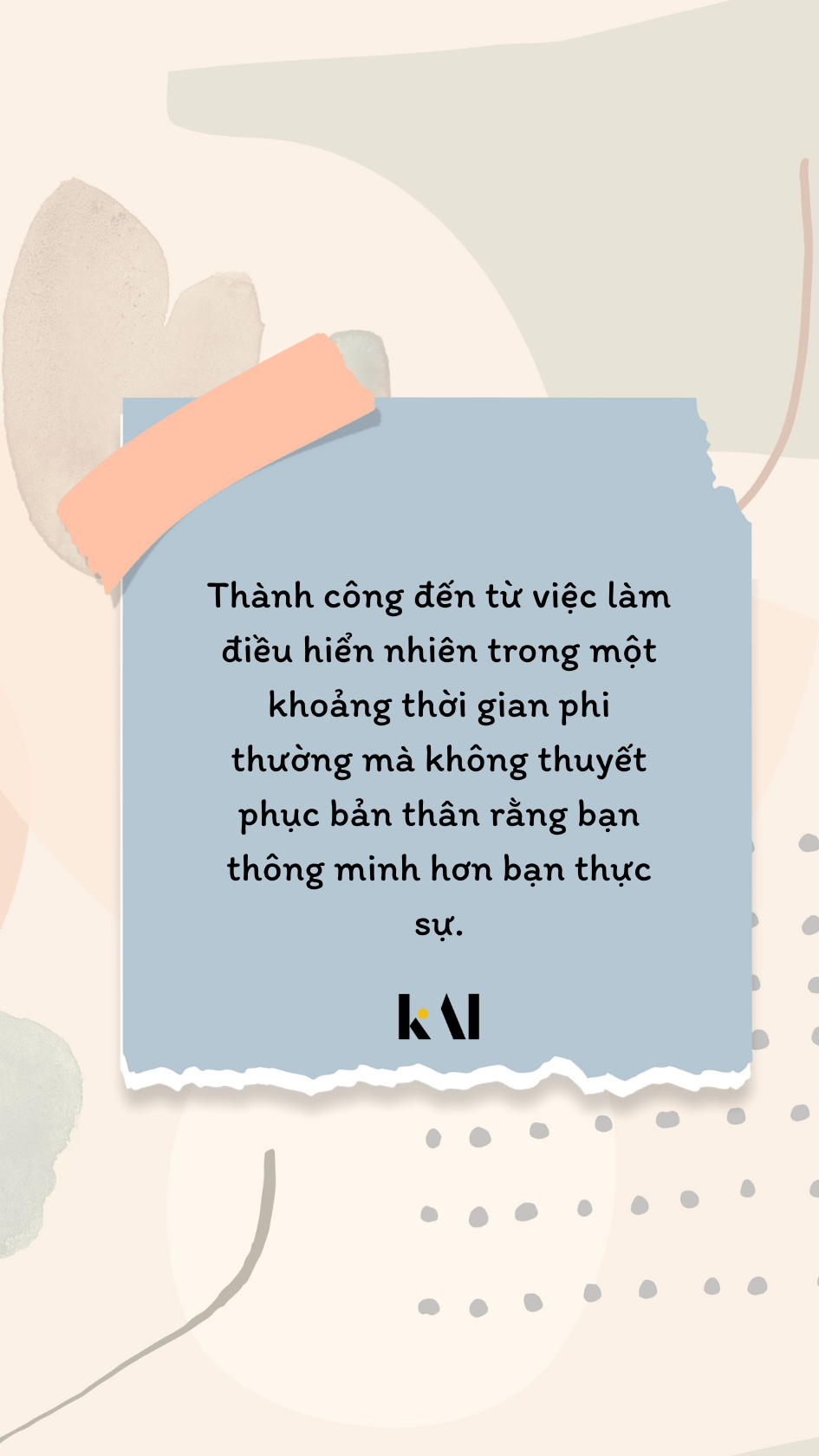

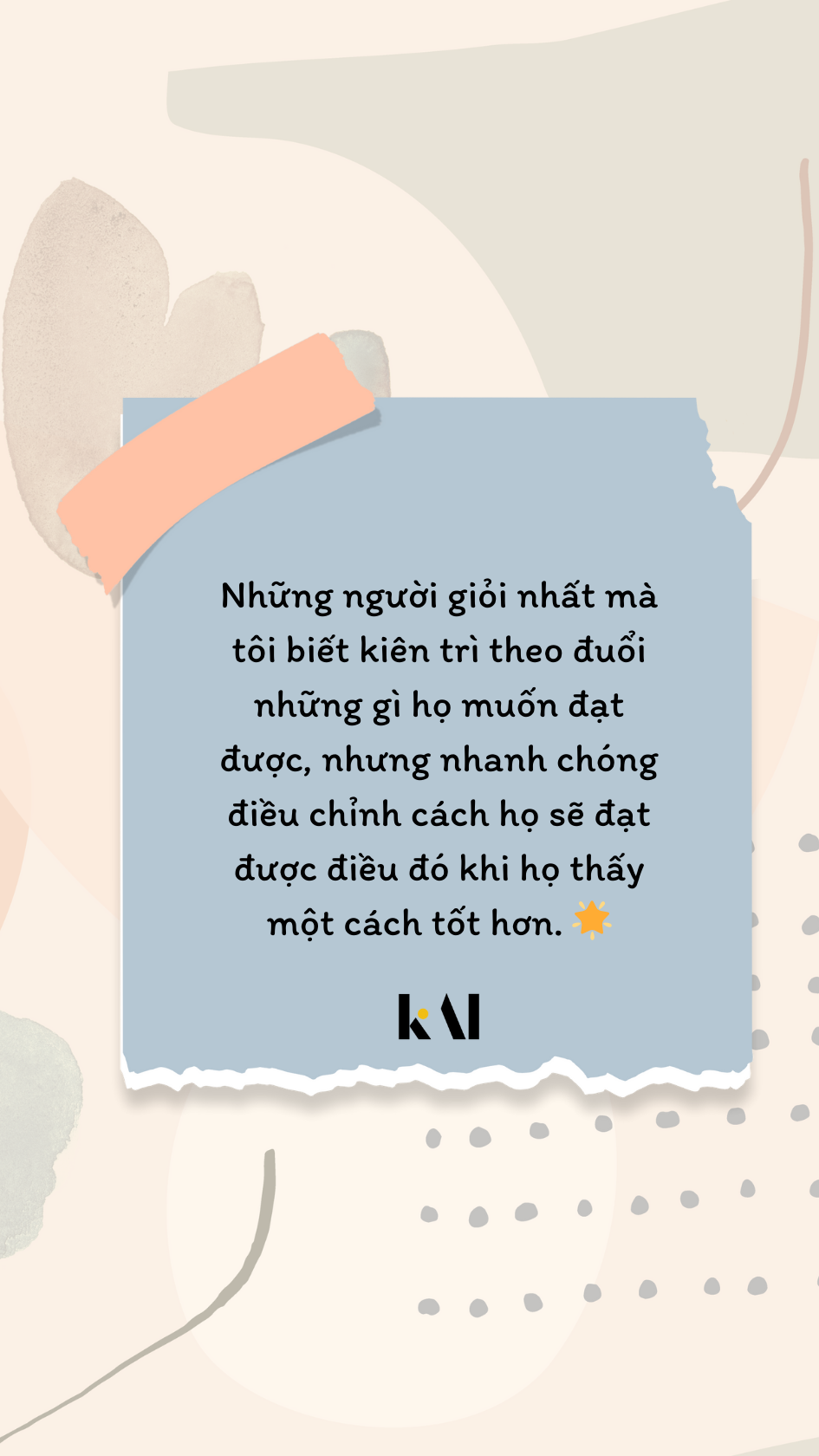

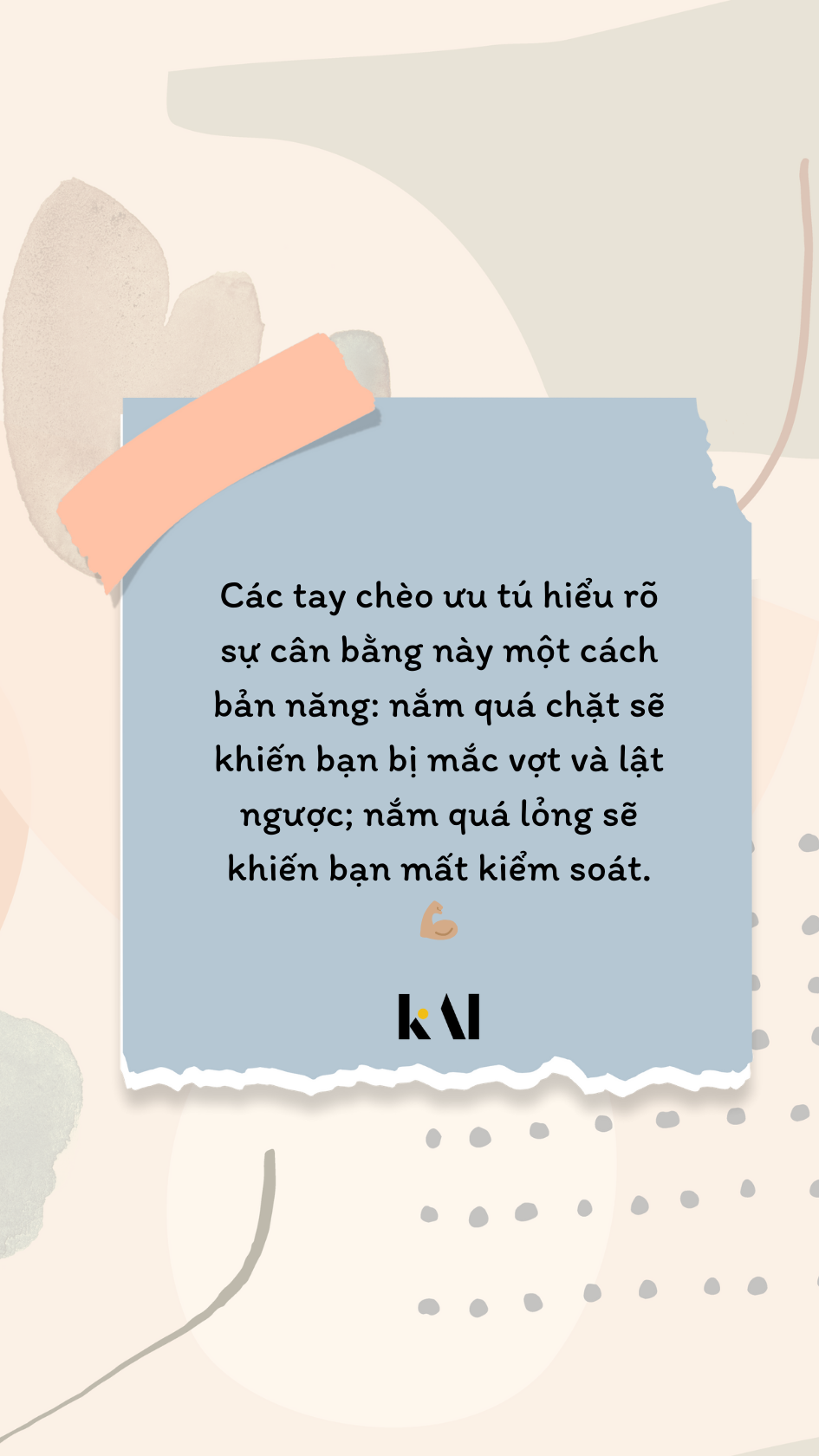
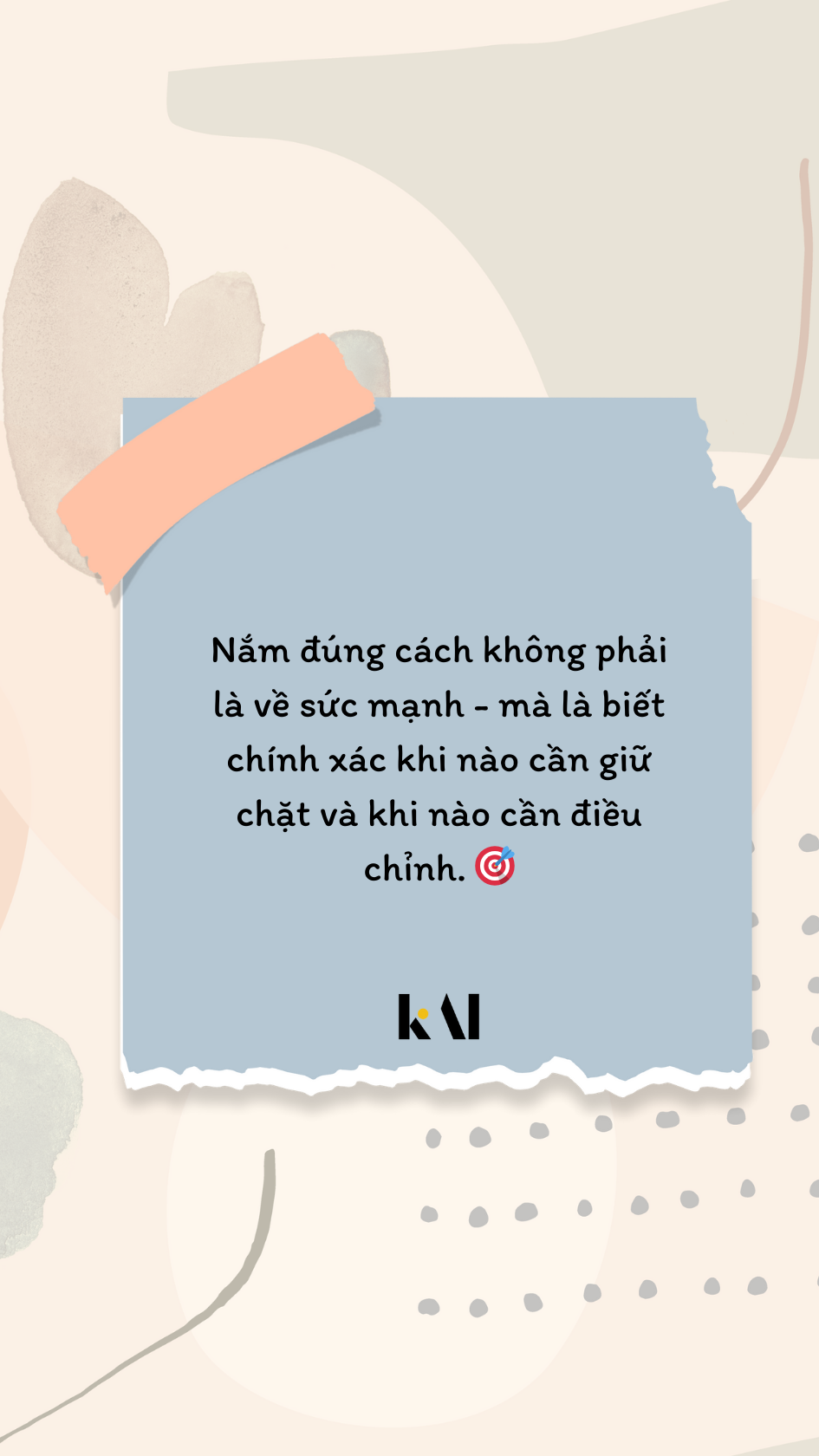

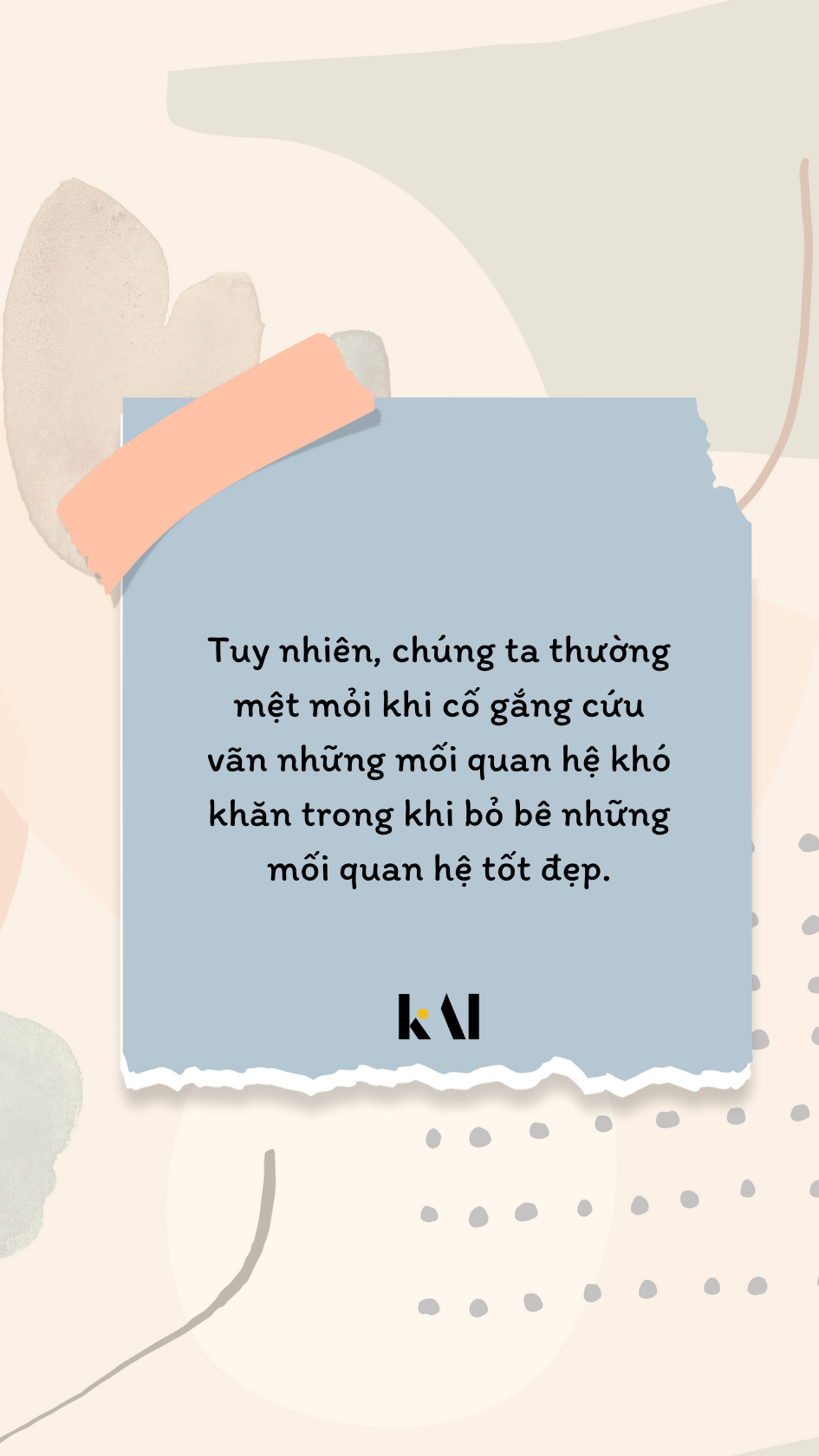
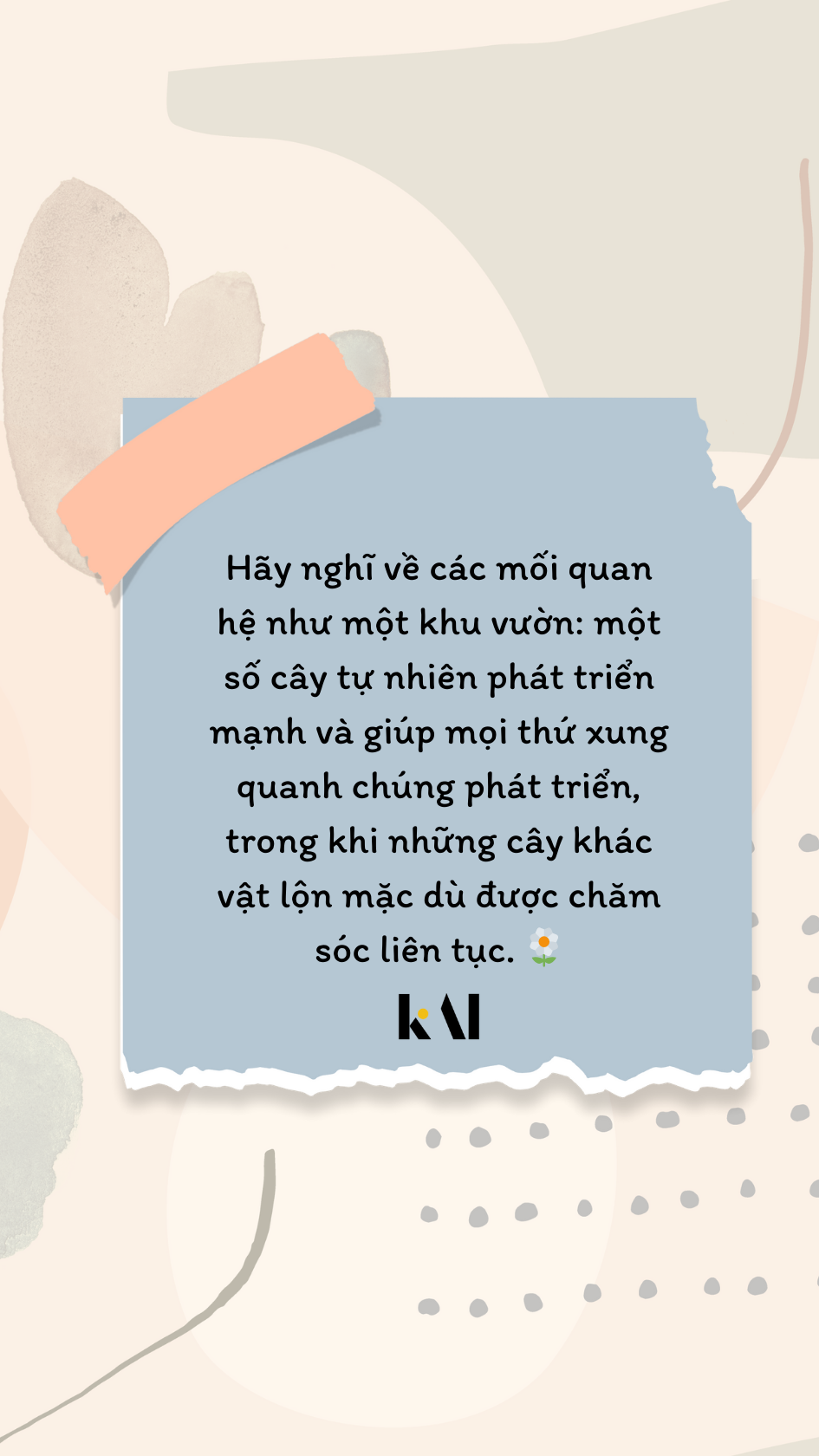
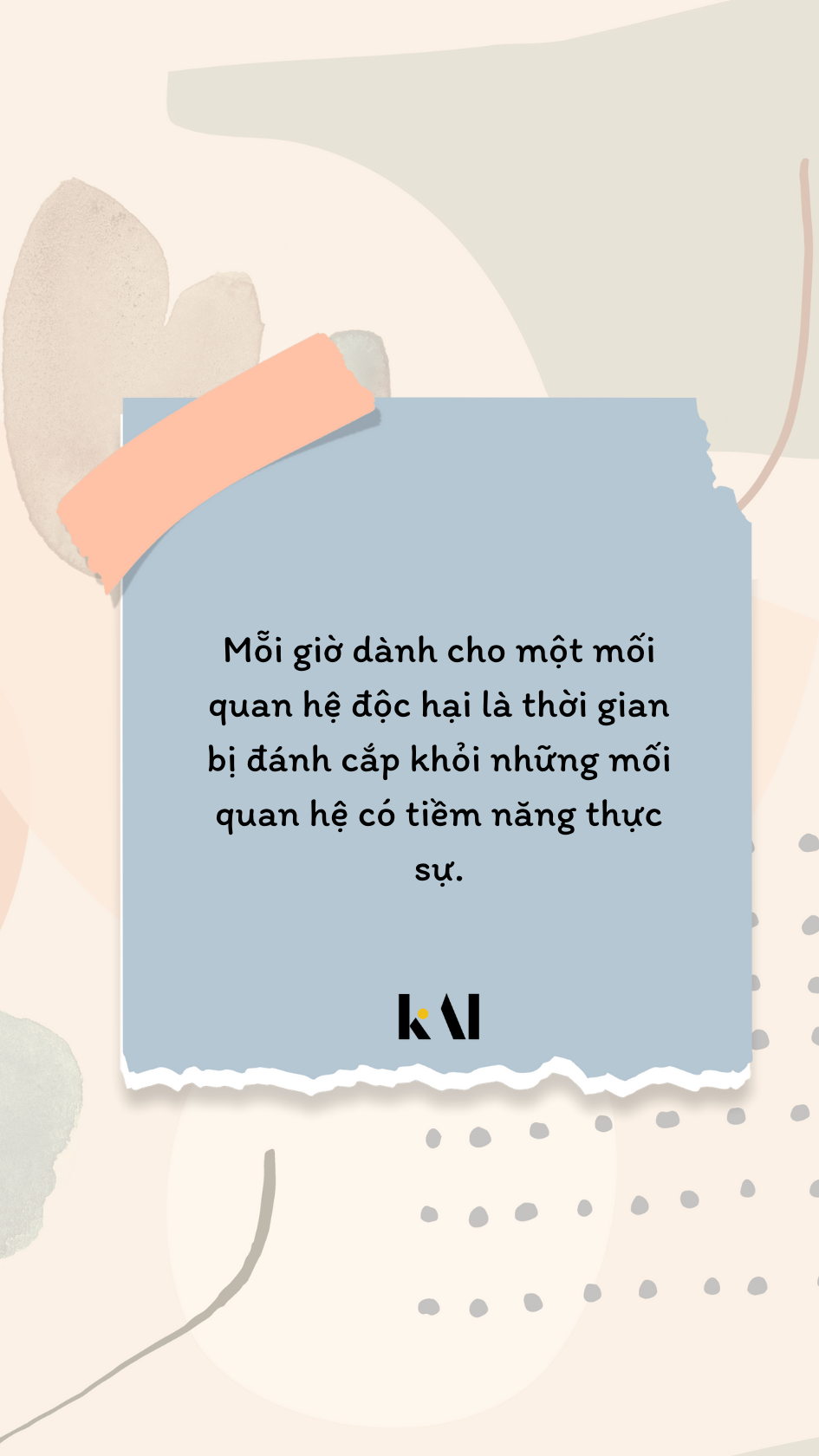

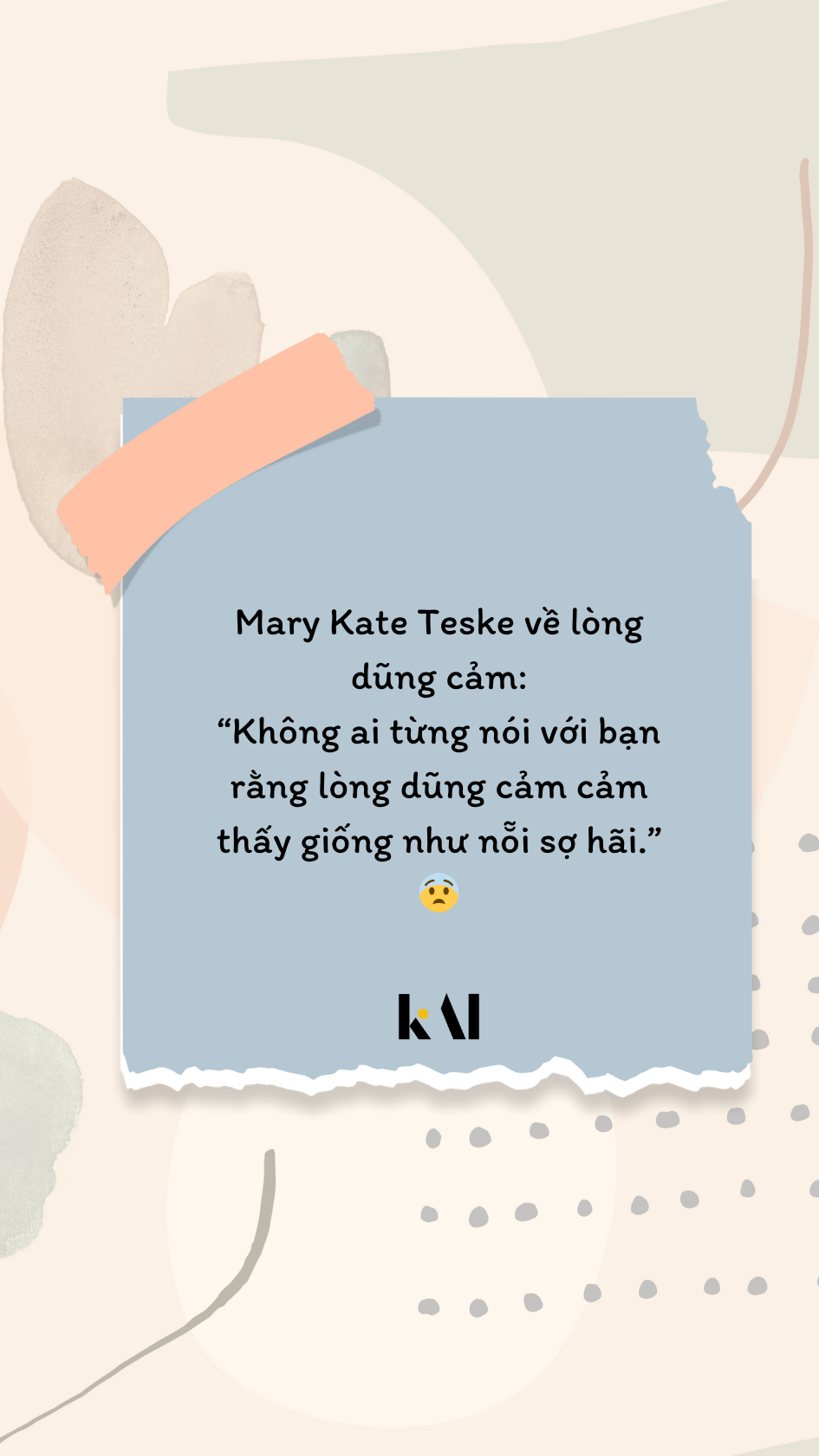
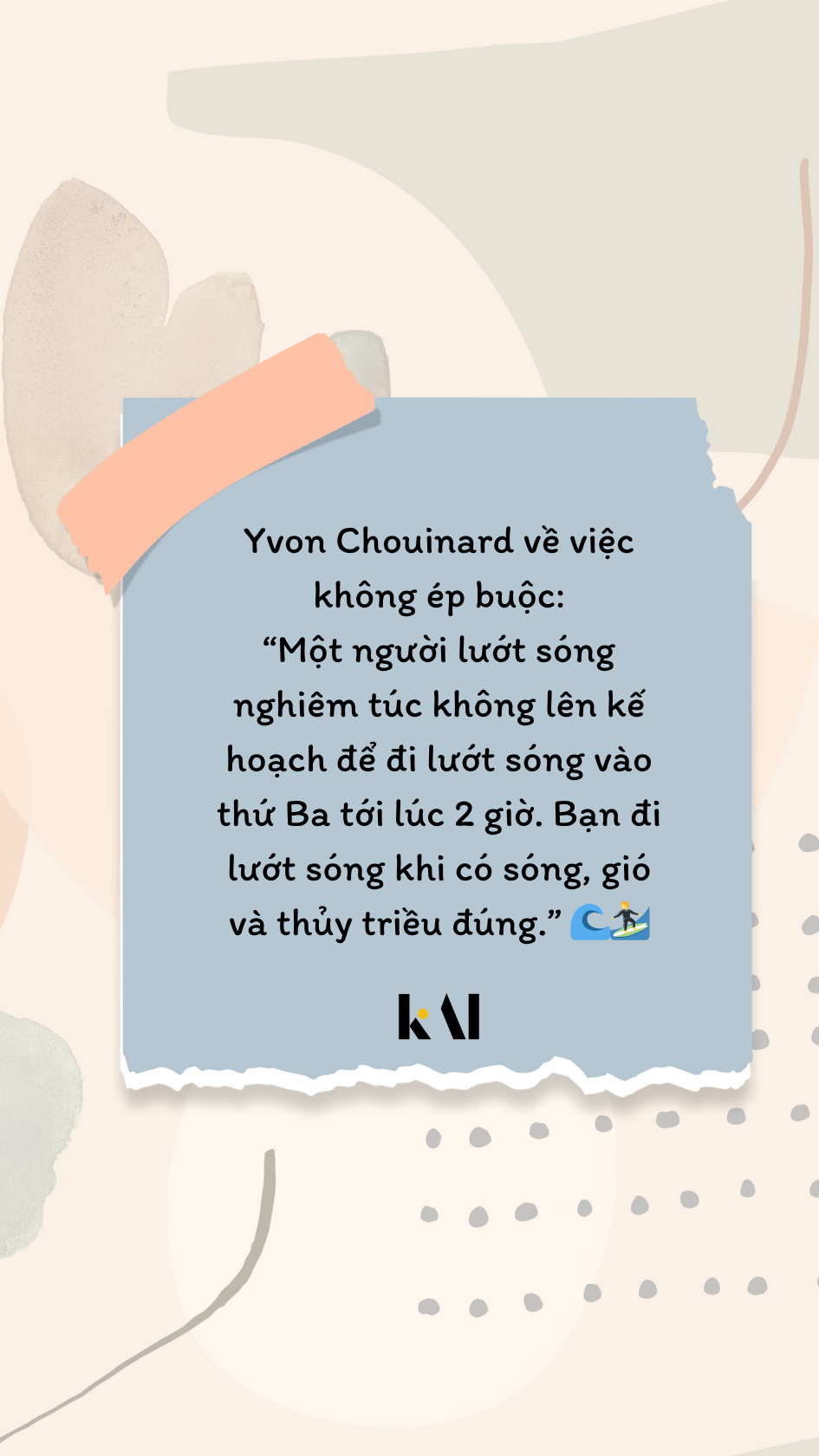
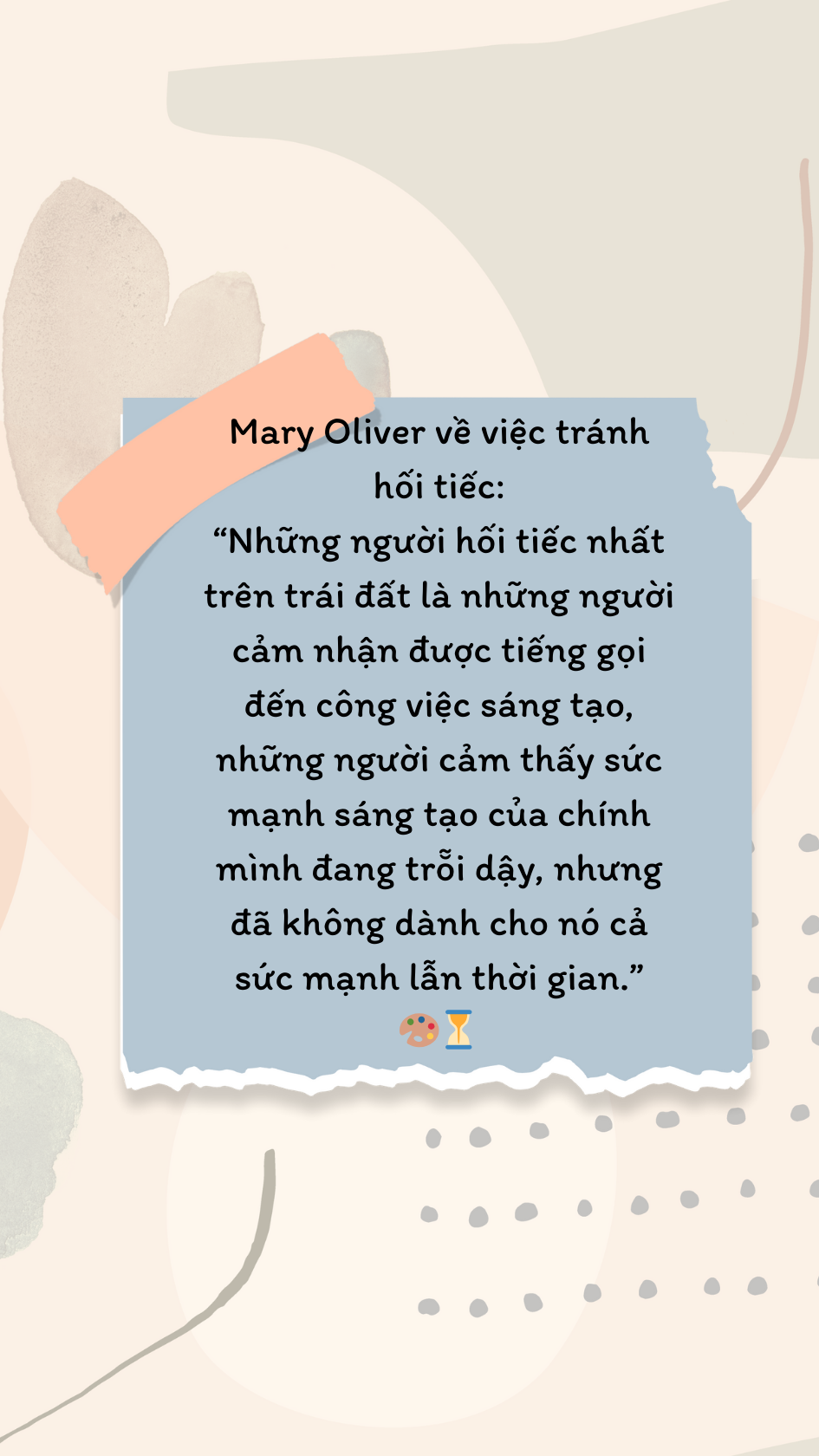

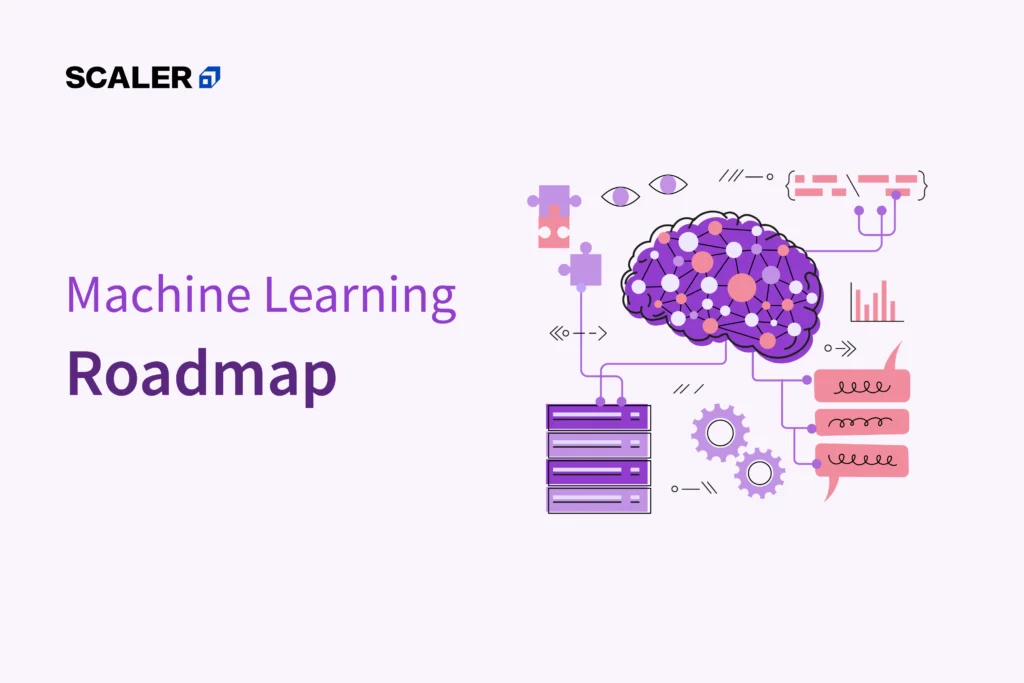













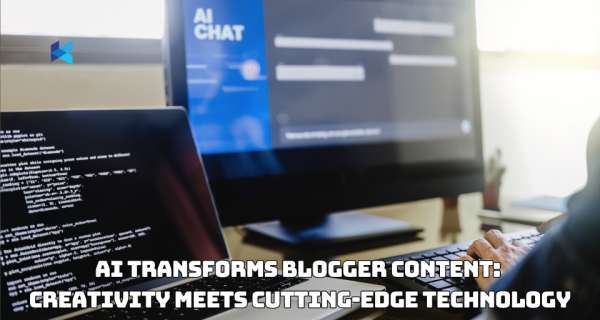




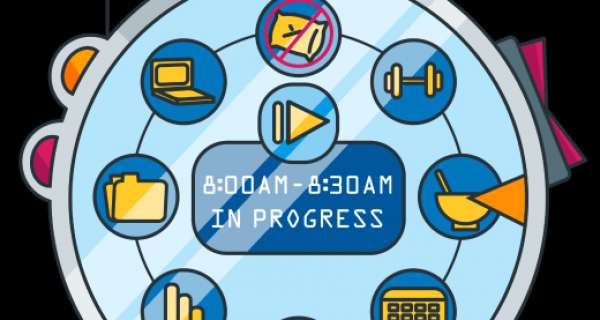
0 Comments